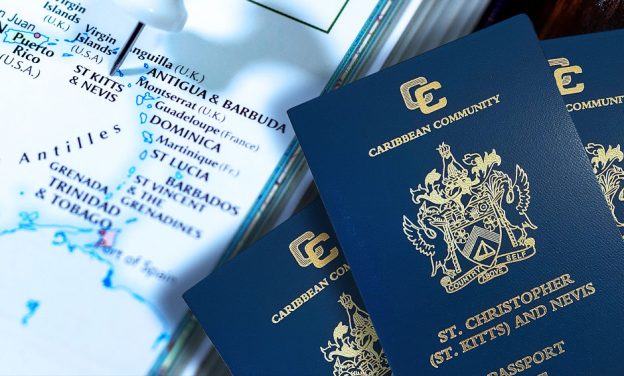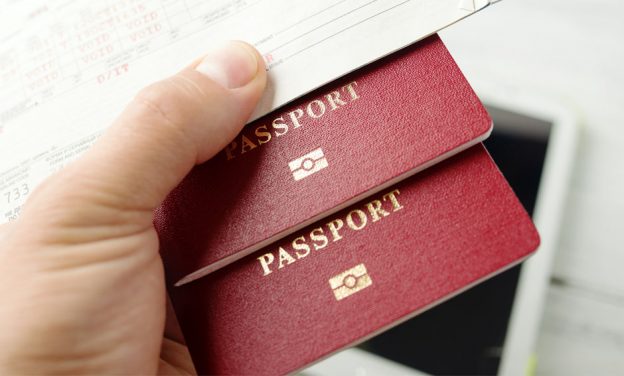On September 23, 2025, the heads of government of the Eastern Caribbean countries announced the signing of an agreement that will strengthen the integrity, transparency, and sustainability of the Citizenship by Investment programs. These reforms were agreed upon after lengthy consultations with international partners (USA, UK, EU) and were approved by them. International partners have recognized that eliminating citizenship by investment programs would devastate the economies of small island developing states, which need these revenues for financial stability, climate resilience, and pandemic recovery. This means that Caribbean citizenship programs continue to operate and remain the benchmark for quality and transparency in processing for the entire international immigration services industry.
The full text of the statement can be found here>>
What exactly is known about the new rules?
Mandatory biometric data collection for all new applicants during the interview. Biometric data will also be collected from previously approved applicants when renewing their passports.
Practical implementation of biometric requirements: how quickly will countries be able to implement the technology and infrastructure? Will additional biometric collection points be established? For example, like Vanuatu, which is opening representative offices in Dubai, Hong Kong, and New Caledonia for the convenience of applicants. Caribbean citizenship applicants are now interviewing online.
Requirements for visiting the country and the presence of genuine connections for approved applicants are introduced.
The mandatory stay period has not been specified. Previously, only the Antigua citizenship by investment program had a stay requirement of five days over five years. It is expected that all Caribbean programs will now have a uniform stay requirement of 30 days over five years. The authorities currently lack effective mechanisms to ensure that investors remain in the country for the required number of days. In May of this year, the Electronic Travel Authorization (eTA) system was launched in St. Kitts. Perhaps the authorities will decide to track the stay of new citizens through such systems. But implementing them in other countries will require significant investment.
Registries will be created for all countries with citizenship programs in the Caribbean to track applicants. In practice, this means it will be impossible to apply for citizenship by investment in another country if a similar application in the Caribbean has previously been rejected. All licensed agents will be registered to prevent abuse of the citizenship system. Unscrupulous agents will be subject to fines, including license revocation.
Will the number of investment citizenship agents on the market decrease? If so, the cost of legal support for applicants will increase. Agents will be forced to conduct more thorough preliminary assessments of candidates, which requires additional financial investment.
In connection with these reforms, a regional regulator (ECCIRA) will become operational by October 2025. It will set uniform standards and monitor their compliance. It is not yet clear how exactly ECCIRA will be structured, who will be its members, or how powers will be distributed between national bodies and the regional center.
PM Dickon Mitchell during the opening of the new IMA Grenada offices has announced that Grenada will host the headquarters of the new Caribbean CBI regulatory authority.
APEX Capital Partners, the official licensed agent with offices in the Caribbean, will monitor developments.






